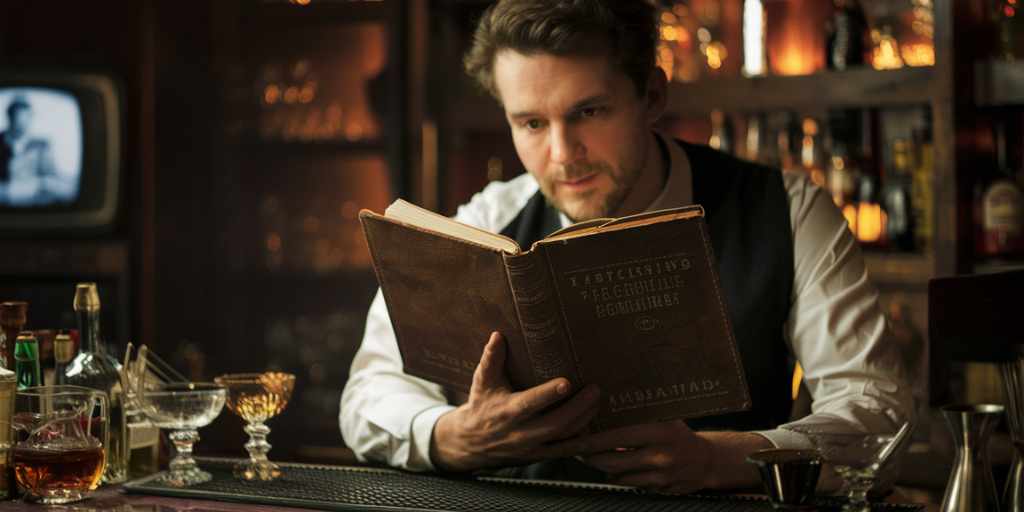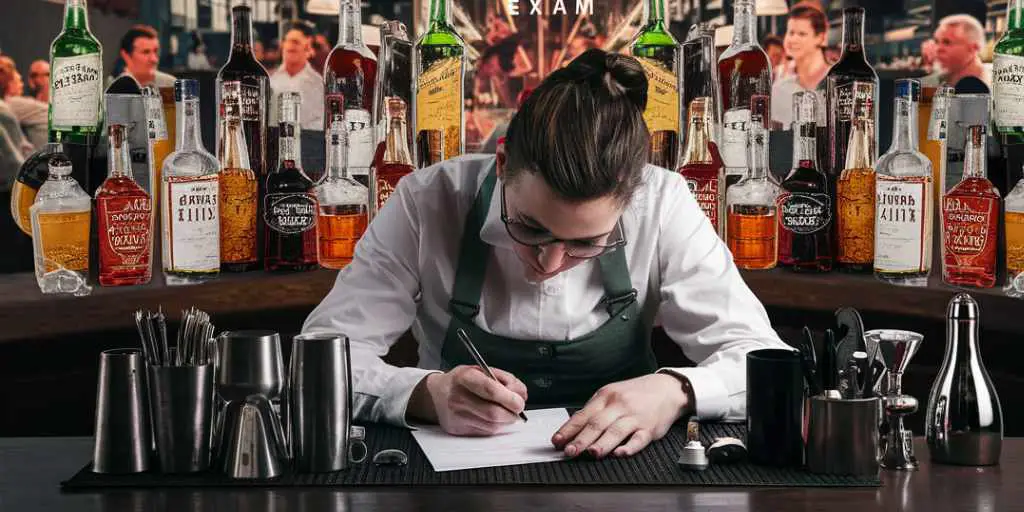Continuing our series on how to be a bartender worldwide, this week we’ve got the requirements for England and U.K. If you missed them, here are for Australia, Canada, the U.K., and United States.
The archipelago island nation of New Zealand lies in the southwest Pacific Ocean, a good nine hundred miles or so east of Australia. This beautiful, rugged land consists of the North and South Islands, plus around thirty smaller islets. Like most developed countries, its population enjoys drinking alcohol – and always has, since its colonisation by the British in 1840 – and in particular beer, which accounts for sixty-three per cent of all ‘booze’ sold.
There is no minimum age to drink alcohol in New Zealand, but if you wish to purchase a pint of lager or bottle of wine, you must be eighteen years of age or older. What, though, are the requirements to serve alcohol in N.Z.? Do you need specific training or a government-issued certificate to work behind a bar? The simple answer is that there is nothing required for you to pull pints or serve alcohol to tables anywhere across the islands – but, as ever with the drinks and hospitality industry, things are never as straightforward as they first seem.
Sale and Supply of Alcohol Act
Before 2013 the licensing laws covering New Zealand were relatively relaxed, but the powers that be decided to tighten them up with the Sale and Supply of Alcohol Act 2012 (which came into force in 2013). This new legislation replaced the Sale of Liquor Act 1989. It sought to improve training, guidelines, and alcohol awareness and ensure people working with or around alcohol – especially owners, managers, and supervisors – maintained high professional standards. Many changes came into force, focusing on reducing harm caused by alcohol, new stringent accreditation for managers, and – amongst a whole raft of updates and alterations – new licensing authorities and committees with sweeping powers to grant, refuse or remove licenses from premises and individuals. However, what did not change is that if you wish to work behind the stick at your favourite watering hole, there is no qualification or mandatory certification needed. What is required now, which falls upon the bar management to provide, is a full in-house training package for new and current staff to raise awareness of alcohol and its responsible service. What is also required is a Bar Manager to be on duty.
Bar Manager’s Certificate
Every licensed premise must have a manager on duty at all times who holds a Bar Manager’s Certificate. Alcohol cannot be served otherwise. No other member of staff needs this certificate, or any other form of qualification to serve drinks to patrons; the Bar Manager is the person who ‘allows’ the staff to do their job as the manager will be qualified and accredited by the local council’s District Licensing Committee (DLC). Suppose you wish to become a Bar Manager. In that case, you must be at least twenty years of age and have completed the Licensed Controller Qualification (LCQ) Bridging Test, either as a first-time applicant or if you have previously passed the LCQ under the old Sale of Liquor Act 1989 (the bridging training provides updates to legislation for managers who passed the old training and exam). The full name of the Bar Manager currently on duty must be displayed on the premises at all times.
In-house Training
As mentioned, there is no legal requirement for bar staff to have formal training or certification. However, what falls upon the management’s shoulders is the requirement to outline a staff training program whenever a liquor licence is applied for or renewed. The new Act was implemented to ensure the supply and sale of alcohol is undertaken safely and responsibly in licensed premises, so staff training is expected to incorporate input that supports this. Topics include minors on-premises, intoxication (recognising signs, monitoring consumption, dealing with problem drunks), food options in the establishment, transport options for patrons (especially those who are unfit to drive) and I.D. checking procedures.
Management is strongly advised to ensure this training is part of new employees’ initial induction and ongoing input for existing staff and should be reviewed and updated regularly. It is designed to ensure that all workers are up to date with legislation and provides them with clear roles and responsibilities so that the premises meet their obligations under the Sale and Supply of Alcohol Act.
In short, no training or certification is required to pull pints or serve at tables in New Zealand, as long as a certified Bar Manager is on duty at the premises. However, suppose you feel the need to obtain some sort of qualification or bar experience before applying for a position. In that case, there are numerous ‘bartending schools’ and other organisations in the country that provide certification in ‘bar service’ and similar hospitality skills, such as the New Zealand Bartender’s Guild and the Ara Institute of Canterbury. Be warned, though: these schools and qualifications are no guarantee that you will land a job behind the bar in a nightclub, pub or wine bar.





